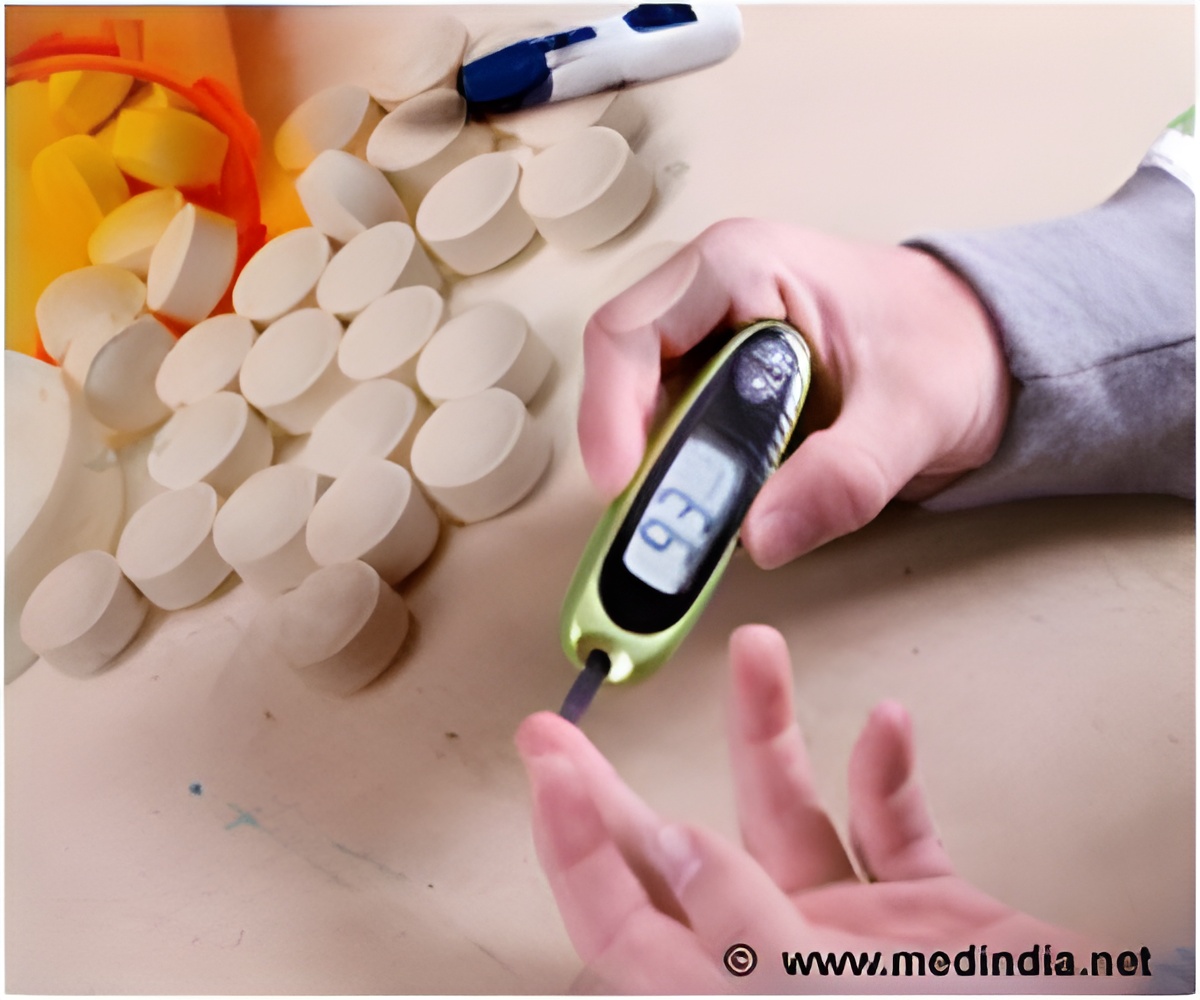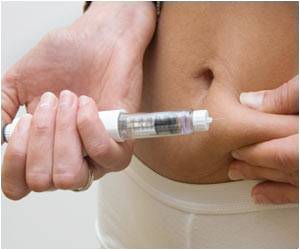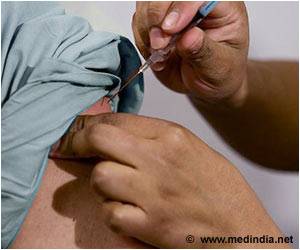Poorly controlled Type 1 diabetes in obese adults can have better control of their blood sugar by adding liraglutide, a Type 2 diabetes drug, to their insulin therapy, finds a new study.

Since the 1920s, insulin has been the only medical treatment of Type 1 diabetes. Last year Dandona and colleagues gained recognition for their initial study showing the benefits of treating well-controlled Type 1 diabetes using liraglutide plus insulin. Marketed as Victoza, liraglutide is a noninsulin injectable medicine that currently is approved only for adults with Type 2 diabetes.
The "dramatic" effects in their first study led them to test whether patients with poorly controlled Type 1 diabetes would respond to liraglutide, Dandona said. The researchers therefore studied 27 obese adults, with an average age of 48, who had had Type 1 diabetes for 21 years on average. All had poor blood sugar control, as shown by a high hemoglobin A1c, a measure of blood sugar control over the past three months. Patients received liraglutide plus their usual insulin therapy.
After six months of liraglutide therapy, participants had significant improvements in their diabetes control. Their hemoglobin A1c fell from an average of 7.9 percent to 7.5 percent, according to Dandona. That value is closer to the less than 7 percent A1c that many diabetes organizations recommend for most people with diabetes. Similarly, the patients' average daily dose of insulin needed fell from 73 to less than 60 units, he reported.
The patients also lost about 10 pounds (4.6 kilograms) on average and lowered their body mass index from 33.4 to 31.7 kg/m2, which is in the low range of obesity.
In addition, their systolic blood pressure (the top number in a blood pressure reading) improved greatly. It dropped from an average of 130 to 120 millimeters of mercury (mm Hg), which is borderline normal. Statistical analysis showed that the blood pressure reduction was not related to weight loss, the investigators reported.
Advertisement
Dandona called for large randomized clinical trials to further study the use of liraglutide in treating Type 1 diabetes, including finding the best dose. He reported no funding for this study.
Advertisement
Source-Eurekalert















